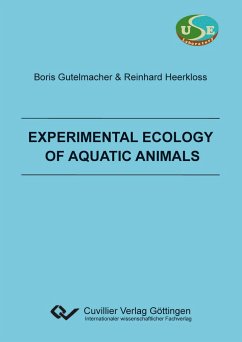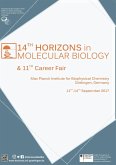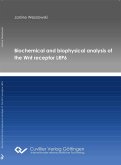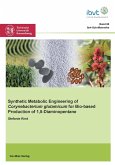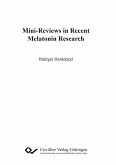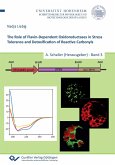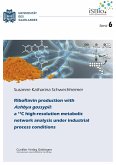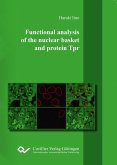This book presents an experimental approach in aquatic ecology on the level of organism, population and ecosystem. Principles of the experiments are energy flow and transformation of the organic matter. The book consists of five chapters. The first four chapters have the same structure. They begin with the shot introduction, then there are methods of investigations, in the other parts of the each chapter are descriptions of results and they are finalized by a paragraph ¿Tests and exercises¿. The main results are presented in quantitative form as equations between the studying process and body mass, temperature and other environmental factors. Chapter 1 concentrates on concepts of experimental ecology, on energy balance, its means of expression and on units of measurement of the balance equality. Chapter 2 is devoted to the role of animal respiration in the mineralization of organic matter. Summarized data have given a possibility to compare the metabolic rate of different representatives of animal kingdom from one cell organisms to the vertebrata. In the chapter 3 are described growth, development and production of aquatic animals, types of their somatic growth, generative growth and its relation to the energy metabolism. The subject of the chapter 4 is quantitative concepts of animal feeding.

